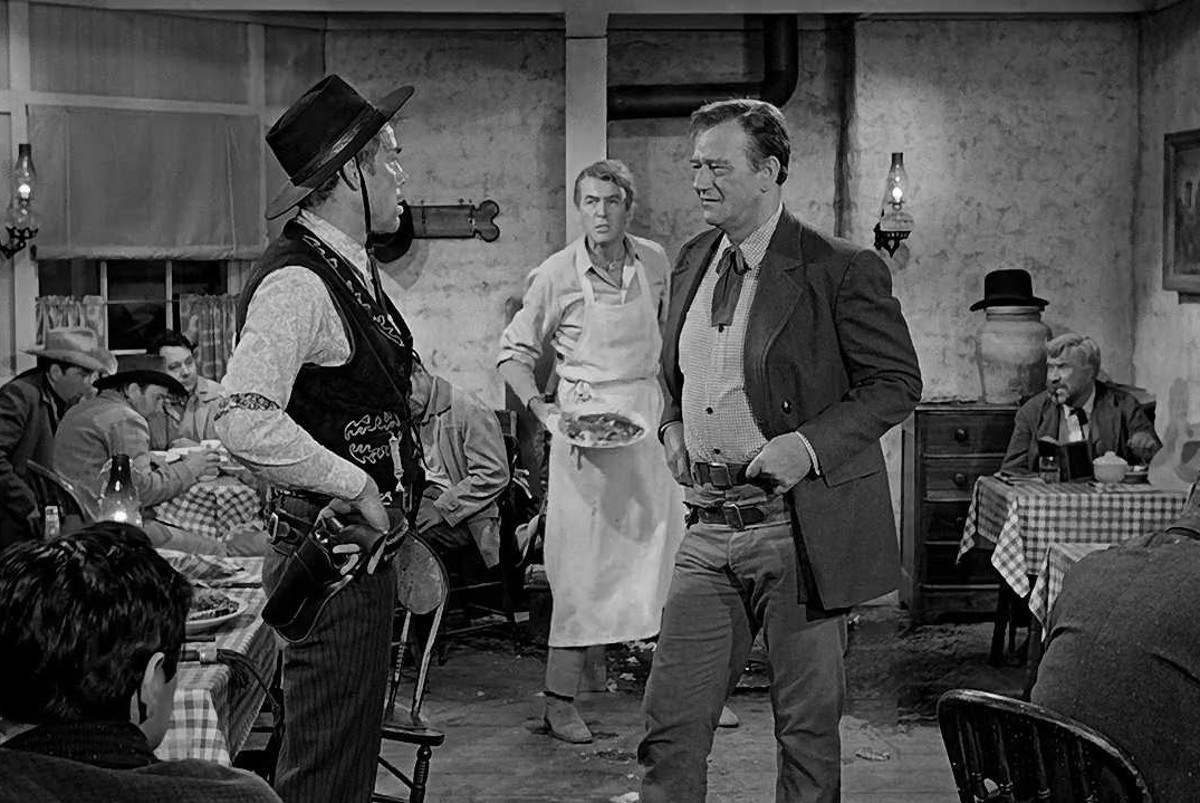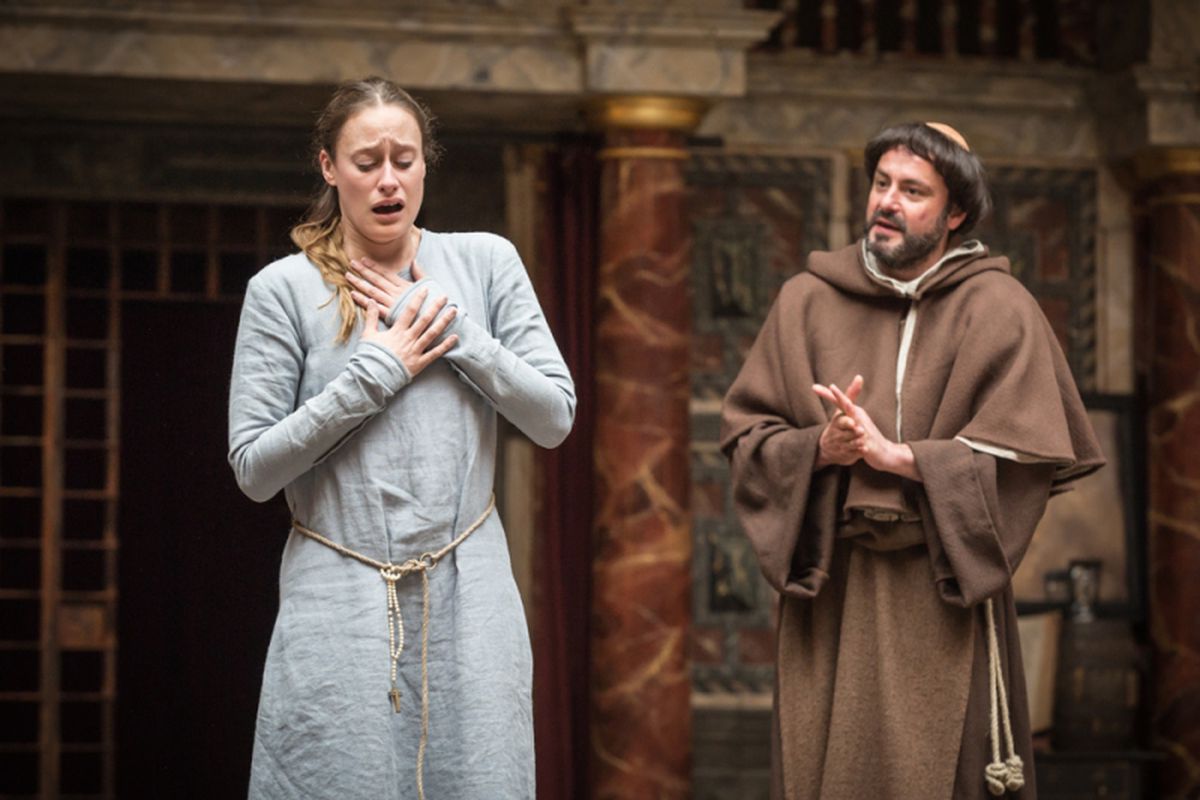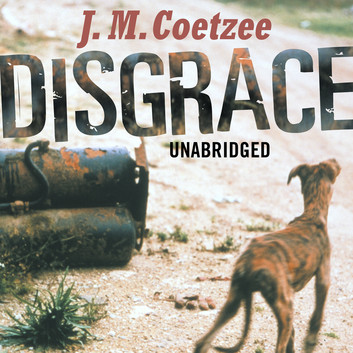
Frederick William Davis, ‘Measure for Measure’ V.1, Isabella Appealing to the Duke, 1907.
Overview
Whilst some might think that literary studies could be a distraction from the so-called “real world” of legal practice, there is a growing consensus that methodological insights from the humanities are central to legal training and understanding. However, the purpose and effectiveness of such approaches is hotly contested. Does reading literature, history or philosophy make for more ethical lawyers? Does it make for more skilful lawyers? Can the humanities help inform legal reform, deepening our sense of justice and injustice?
This course introduces and assesses these questions, and more, by exploring how literary studies can be brought into conversation with the law. We will analyse how the law is presented in various cultural media and we will apply strategies for reading developed in literary studies to assess legal texts and concepts. Drawing on both classical and modern literature, film, philosophy and case law, the course aims to introduce students to the ethical, pedagogical and theoretical insights to be gained from combing studies in “law” and “literary studies.” With the aim of situating legal studies within a social and cultural context, this course provides students with a sound foundation for further interdisciplinary study of the law and will provide students with critical reading, writing and presentational skills, essential for legal practice.
Course Structure
The course is divided into three sections:
The first section is introductory, it aims to set out the classic ways in which scholars have brought law and literary studies into conversation. This involves, on the one hand, looking to how literary texts depict the law and legal problems and, on the other hand, reading legal texts as a form of literature. In the following two sections we will draw on different aspects of these approaches, sometimes emphasizing the “law in literature” and sometimes the “law as literature” approach. The following two sections are organized thematically.
The second section focuses on law, narrative and fiction. Here we will assess two questions: (i) in what ways does the law depend on narratives? (ii) in what ways does the law depend on fictions? In addressing these questions, we will first look at the issue of legal beginnings, assessing how we might understand the “foundation” or “origin” of a

John Wayne in The Man Who Shot Liberty Valance.
legal system. We will read some literary theory, a famous “foundational” legal document and we will watch a film, The Man Who Shot Liberty Valance. How do these texts show the law to be involved in a kind of “storytelling,” or else a kind of “myth making”? We will then assess, through a reading of Albert Camus’s The Outsider, how we might understand the law’s sociological function to be bound up with the construction and imposition of a certain “narrative coherence” on a fundamentally incoherent and disordered world. What does reading the law in this way tell us about the its role in ordering society? And what does this say about the relation between law, narrative and authority?

Measure for Measure at Shakespeare’s Globe in 2015.
In the third section we focus on the theme of “justice.” Justice is, of course, centrally important to the law and it is a topic that has been debated by jurists and philosophers for centuries, provoking a range of contested opinions. Instead of thinking about justice in a strictly “legal” or “philosophical” sense, we will explore what literature might teach us about this elusive notion. Firstly, we look at a play by William Shakespeare, Measure for Measure, in order to explore the question justice in quite general terms. Is following the law always just? What does making a “just” decision involve? Is justice a question of balance, fairness or a matter of an “eye for an eye”? Or is justice something else entirely?
Secondly, we will look at a more specific issue by focusing on the question of “transitional justice” in the context of South Africa in the 1990s. During this period South Africa overthrew the racist and oppressive “Apartheid” regime and founded a new democracy, led by Nelson Mandela. The question of how properly to address past wrongs, committed both by the former government and those seeking to end Apartheid, was central to legal, philosophical and political debates at this time. What does it mean to

Coetzee’s Disgrace. Book Cover.
do justice to the past? Does it involve the forgiveness of past crimes? Is such an amnesty “just” or does it unfairly let perpetrators off the hook? How do you bring about reconciliation within society after bitter conflict and division? In order to think through some of these complex and difficult questions we will read (inter alia) Disgrace, a novel by South African author J. M. Coetzee written in the midst of South Africa’s transition to democracy.
For a sample: a week’s readings and activities from Introduction to Law and Literary Studies.
Week 1 – Introduction I: Reading Law in Literature
- Read the following texts. As you read these texts, annotate them with your thoughts – two guiding questions for this week are “what opinion does this text hold of the law?” and “what does literature have to say about the law?”
- Ian Ward, “The Educative Ambition of Law and Literature” Legal Studies 13, 323 (1993).
- Franz Kafka, “Before the Law” (1919) from The Complete Short Stories of Franz Kafka.
- H. Auden, “Law, Like Love” from Another Time (1941).
- Charles Dickens, “Chapter 1 – In Chancery” from Bleak House (1852).
- Think about the following questions. You do not need formal answers to these questions, but thinking about them will provide an introduction to our work in class.
- What do you already know about the discipline of Law and Literature?
- How has the first class changed this thinking?
- What does literature have to say about/to the law?
- Why should lawyers and jurists read literature?
Learning Objectives
- Things you should know by the end of the week:
- The general history of Law and Literature as a discipline.
- Some of the main scholars in Law and Literature over the past 50 years.
- The major dates and facts relating to the works of Franz Kafka, and his place in the field of law and literature.
- The major dates and facts relating to the works of W.H. Auden.
- The major dates and facts relating to the works of Charles Dickens, and his place in the field of law and literature.
- Broader issues of law literature you should be able to conceptualise and explain
- The difference between law in literature and law as literature.
- Some of the controversies of the field of law and literature.
- The beginnings of your own answer to the question ‘What does literature have to say to the law?’ and ‘Why should lawyers read literature?’






